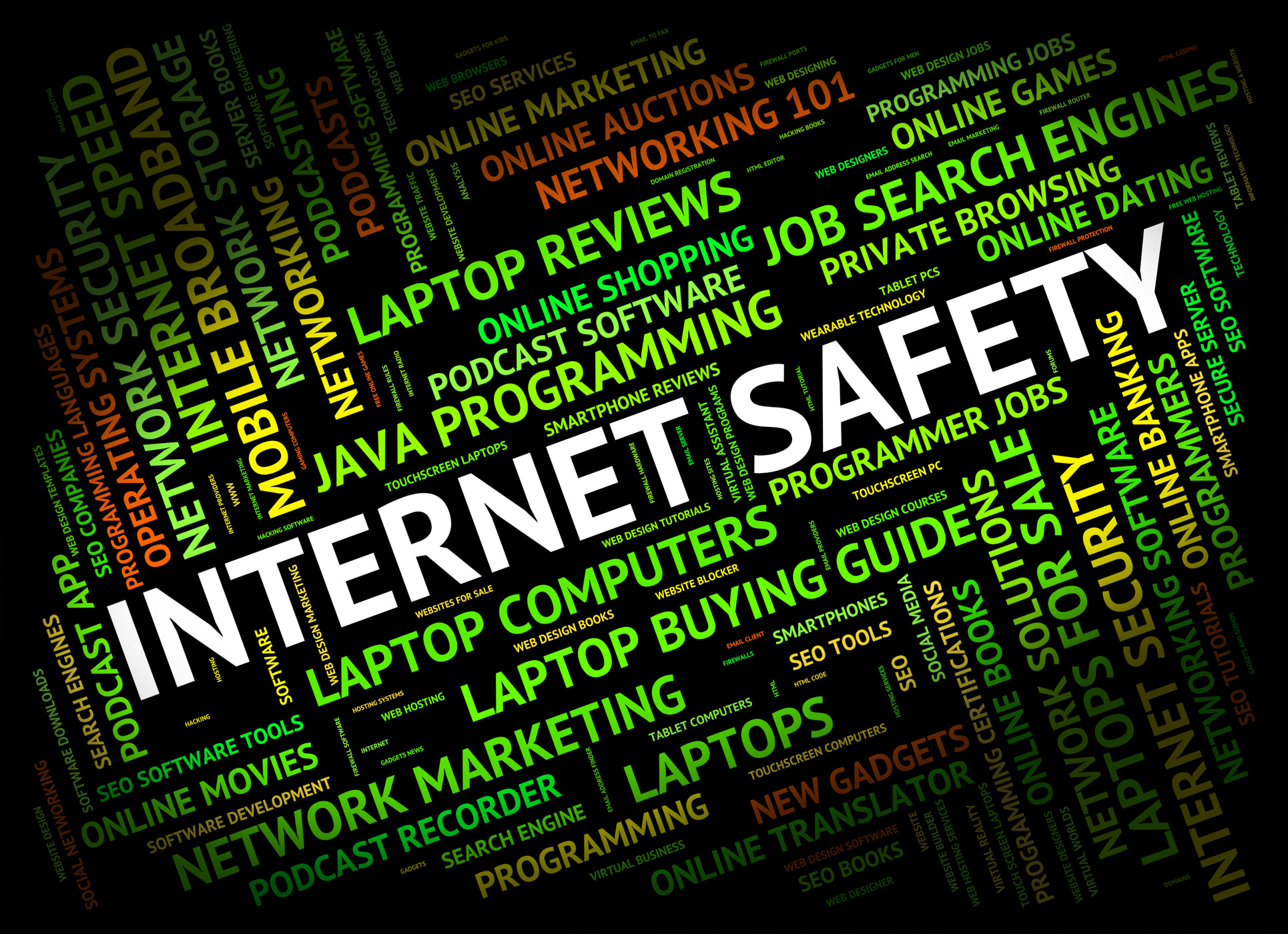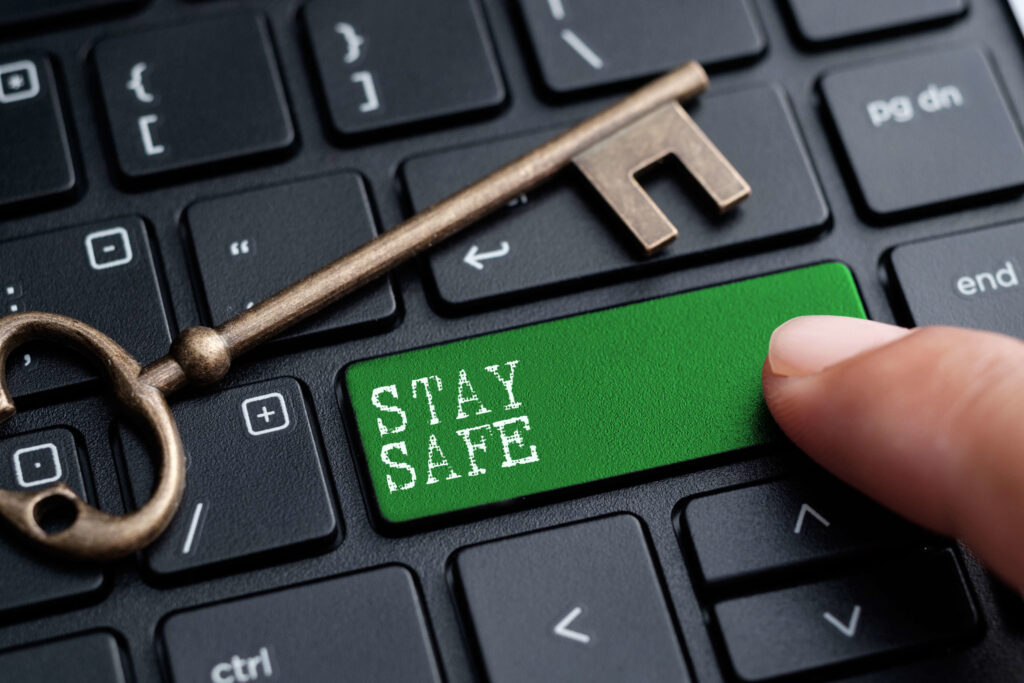How Safe Are You Online?
August 8, 2023

In today’s interconnected world, maintaining online safety and protecting your digital identity is of utmost importance. Cyber threats are becoming increasingly sophisticated, making it essential to regularly assess your online security practices. In this blog post, we present ten crucial questions to ask yourself to gauge your level of online safety. Let’s dive in and evaluate your digital security!
10 Questions to Ask Yourself :
- Do you use strong and unique passwords?
Using weak or easily guessable passwords is a significant vulnerability. Ensure that your passwords are strong, consisting of a combination of uppercase and lowercase letters, numbers, and special characters. Additionally, use a unique password for each online account to prevent a domino effect if one account is compromised.
- Do you enable two-factor authentication (2FA)?
Two-factor authentication adds an extra layer of security to your online accounts. It typically requires a second verification method, such as a code sent to your phone, in addition to your password. Enabling 2FA significantly reduces the risk of unauthorized access even if your password is compromised.
- Do you keep your devices and software up to date?
Regularly updating your devices and software is crucial for maintaining security. Updates often contain patches for known vulnerabilities, protecting you from potential exploits. Make it a habit to regularly check for updates and install them promptly.
- Are you cautious with links and attachments?
Cybercriminals often use phishing emails and malicious links to trick users into revealing sensitive information or downloading malware. Exercise caution when clicking on links or opening attachments, especially from unknown sources or emails that appear suspicious.
- Do you practice safe browsing habits?
Safe browsing habits involve being mindful of the websites you visit and the information you share online. Stick to reputable websites with HTTPS encryption, be cautious while sharing personal information, and avoid downloading files from untrusted sources.

- Do you have robust antivirus and firewall protection?
Antivirus software and firewalls act as your first line of defense against malware and unauthorized access. Ensure that you have reliable antivirus software installed on your devices and that your firewall settings are properly configured.
- Do you back up your data regularly?
Data loss can occur due to various reasons, such as hardware failure, malware, or accidental deletion. Regularly backing up your important files and data helps ensure that you can recover them in case of a security incident or system failure.
- Do you practice secure Wi-Fi usage?
Securely connecting to Wi-Fi networks is crucial to protect your data. Avoid connecting to unsecured or public Wi-Fi networks, as they can be easily intercepted by attackers. When using public Wi-Fi, use a virtual private network (VPN) to encrypt your internet traffic.
- Do you review your privacy settings on social media?
Reviewing and adjusting your privacy settings on social media platforms is essential to control what information is visible to others. Limit the amount of personal information you share publicly and be cautious about accepting friend requests from unknown individuals.
- Do you stay informed about the latest threats and scams?
Staying informed about the latest cyber threats and scams is key to protecting yourself online. Keep up with cybersecurity news, follow reputable sources, and educate yourself about common tactics used by cybercriminals. This knowledge will help you recognize and avoid potential dangers.
Assessing your online safety is an ongoing process in today’s ever-evolving digital landscape. By asking yourself these ten crucial questions, you can gauge your level of online security and identify areas for improvement. Remember to prioritize strong and unique passwords, enable two-factor authentication, keep your devices and software up to date, practice safe browsing habits, and stay informed about the latest threats. By adopting proactive cybersecurity practices, you can significantly enhance your online safety and protect your digital identity. Stay vigilant and stay safe!
Have Any Question?
Call or email Cocha. We can help with your cybersecurity needs!
- (281) 607-0616
- info@cochatechnology.com




